21/08/2017
by Alenka Barber-Kersovan
Comments Off on CfP: Global Trends in the Popular Culture and Nighttime Entertainment of European Cities, 1880s–1930s

The role that dance halls, cabarets and variety theatres, and cultural imports like the cakewalk, tango and jazz played in the rise of a pan-European and global commercial popular culture, has been addressed either from the perspective of a single city or a comparison between Western and North American metropolises. Thus while London, Berlin, Paris and New York have attracted scholarly attention, less is known about how other European cities like Lisbon, Barcelona, Milan, Rome, Vienna, Budapest, Belgrade, Bucharest, Athens, Cracow, St. Petersburg, Copenhagen and Stockholm. With this in mind, during the 14th International Conference on Urban History in Rome a special session will be dedicated to the night time entertainment in Central and Southern Europe. More
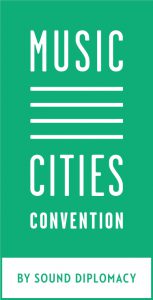 governments, cities and regions, academics, organisations and the music scene to discuss, debade and introduce new thinking. On October 26th 2017, Music Cities Convention will be held in Mephis with its ritch musical legacy and vibrant music scene.
governments, cities and regions, academics, organisations and the music scene to discuss, debade and introduce new thinking. On October 26th 2017, Music Cities Convention will be held in Mephis with its ritch musical legacy and vibrant music scene.
 In their interdisciplinary research project, carried out between 2012 and 2016 at CSIC, Institución y Mila Fontanals, the principal investigator Dr. Tess Knighton and her team explored the 16th century urban music culture in Barcelona. They analysed the comopolitan social structure of the Catalonian capital and provided insides in the cultural life of that time which go far beyond the official historiographical writing, sheding the spotlight on those who have not hitherto featured in the musical narrative of the city. The project which made considerable strides towards establishing new perspectives and possibilities for the cultural mapping of European urban music history, was sponsored by the Marie Curie Foundation.
In their interdisciplinary research project, carried out between 2012 and 2016 at CSIC, Institución y Mila Fontanals, the principal investigator Dr. Tess Knighton and her team explored the 16th century urban music culture in Barcelona. They analysed the comopolitan social structure of the Catalonian capital and provided insides in the cultural life of that time which go far beyond the official historiographical writing, sheding the spotlight on those who have not hitherto featured in the musical narrative of the city. The project which made considerable strides towards establishing new perspectives and possibilities for the cultural mapping of European urban music history, was sponsored by the Marie Curie Foundation. 
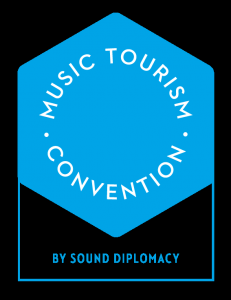
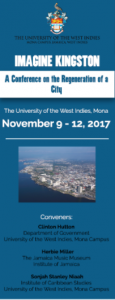
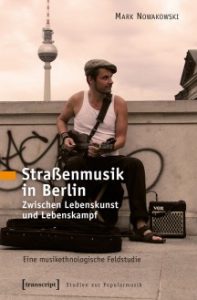 Who is busking in Berlin and why? Mark Nowakowski provides a detailed portrait of the street music scene in Berlin and their actors. Besides the role of the artists and the matrix between them, their audience and the city, Mark Nowakowski also analyses the sociocultural dimensions as well as historical transformations of the street music scene in Berlin.
Who is busking in Berlin and why? Mark Nowakowski provides a detailed portrait of the street music scene in Berlin and their actors. Besides the role of the artists and the matrix between them, their audience and the city, Mark Nowakowski also analyses the sociocultural dimensions as well as historical transformations of the street music scene in Berlin.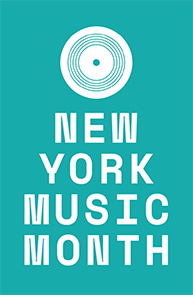 of June. Music is central to the city’s economy, social fabric, and cultural identity. NYMM celebrates this with programming and resources for musicians and the music industry; co-branded concerts; advertising and social media campaigns; a website with a comprehensive calendar of free and ticketed music events; educational programs; and much more. The month is an initiative of the New York City Mayor’s Office of Media & Entertainment in partnership with NY is Music.
of June. Music is central to the city’s economy, social fabric, and cultural identity. NYMM celebrates this with programming and resources for musicians and the music industry; co-branded concerts; advertising and social media campaigns; a website with a comprehensive calendar of free and ticketed music events; educational programs; and much more. The month is an initiative of the New York City Mayor’s Office of Media & Entertainment in partnership with NY is Music.
You must be logged in to post a comment.